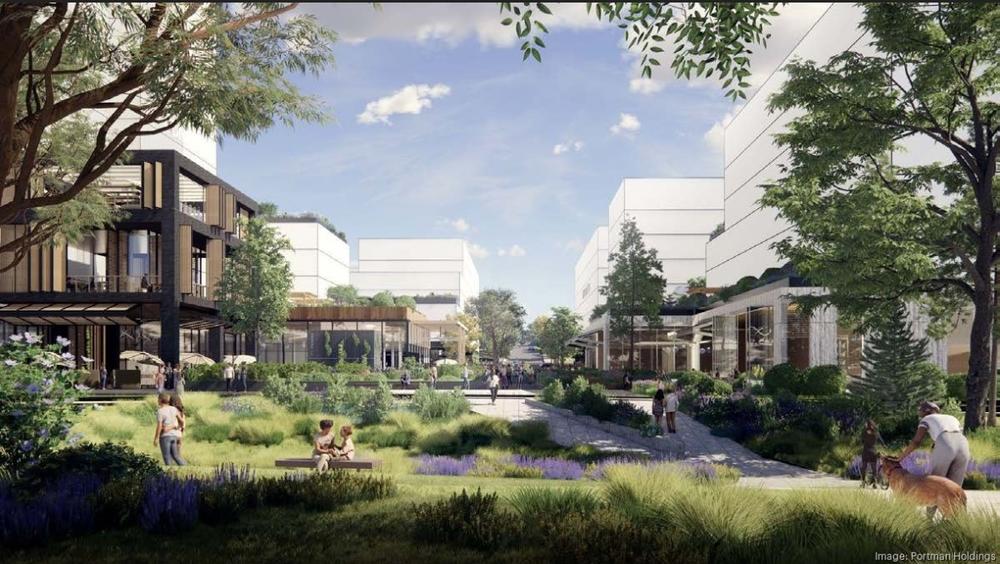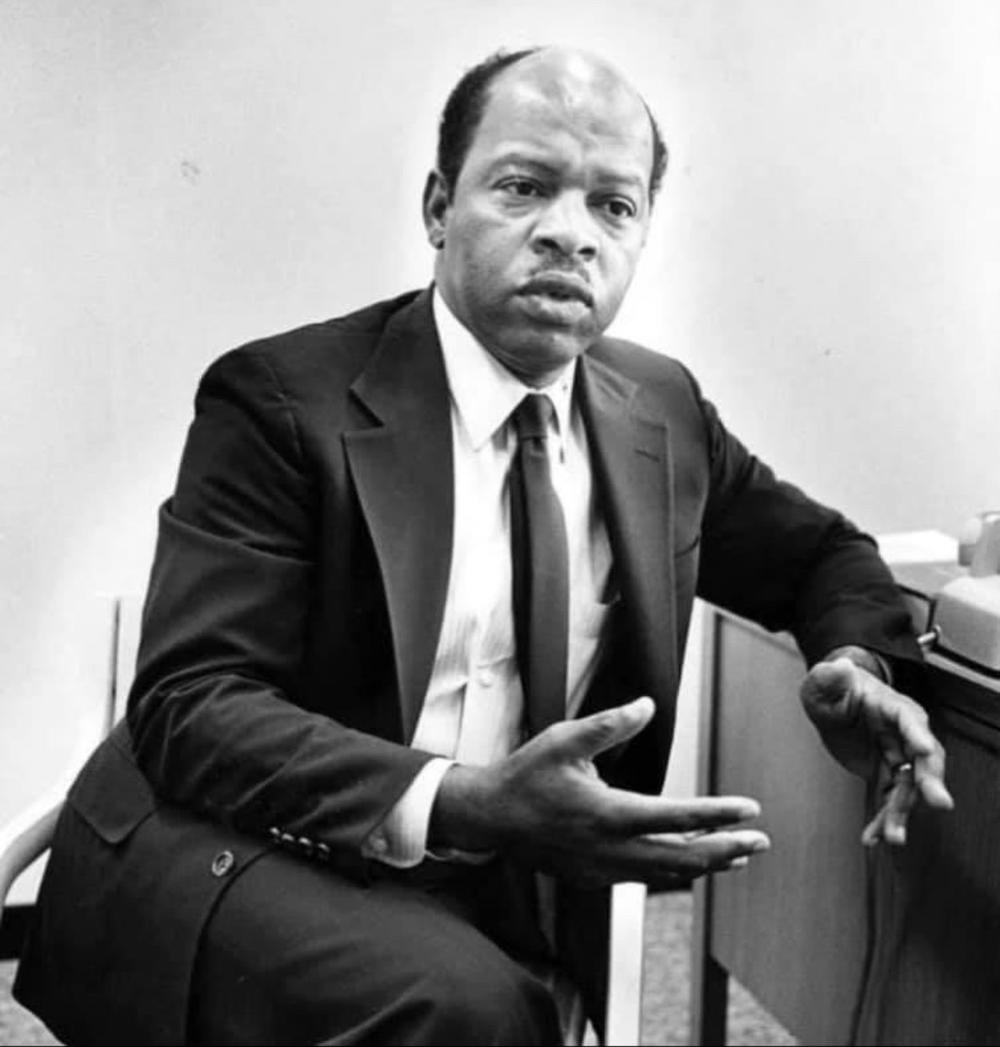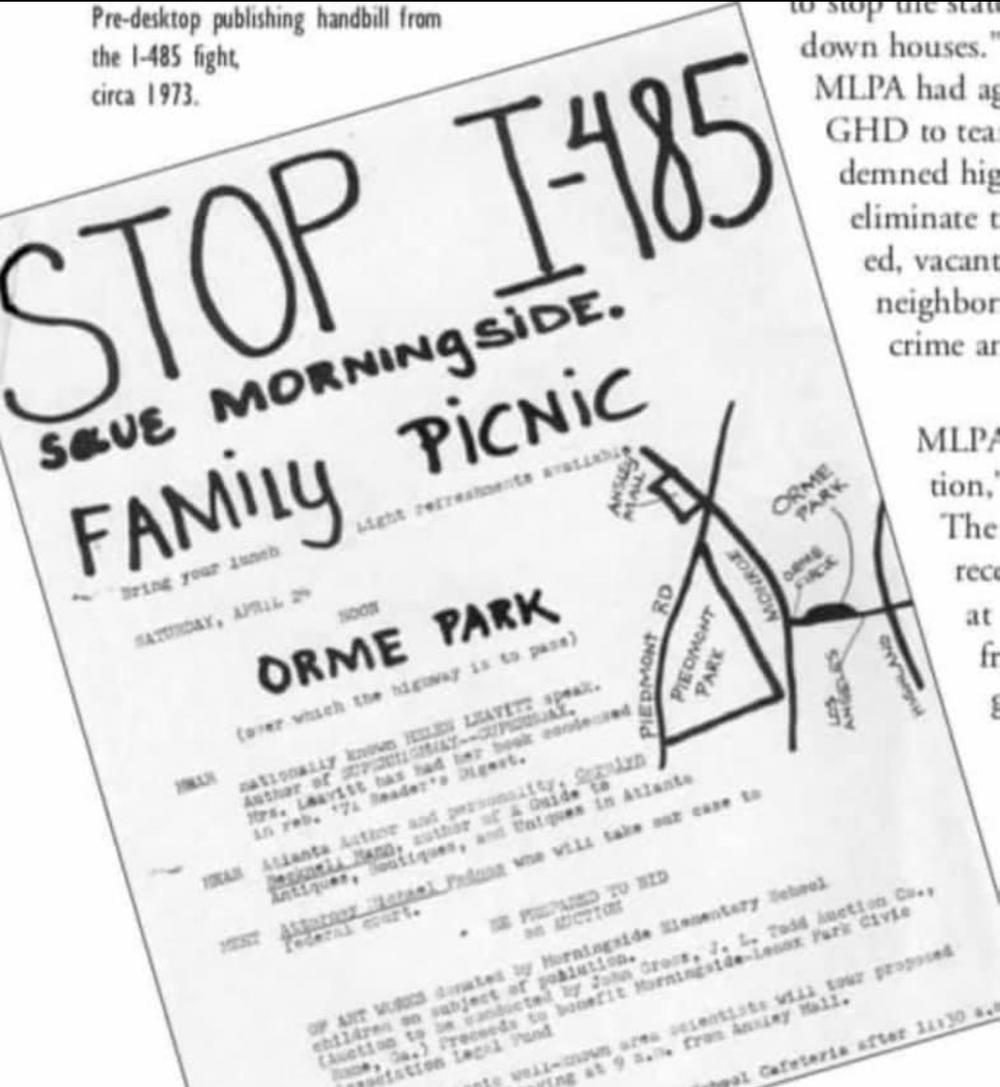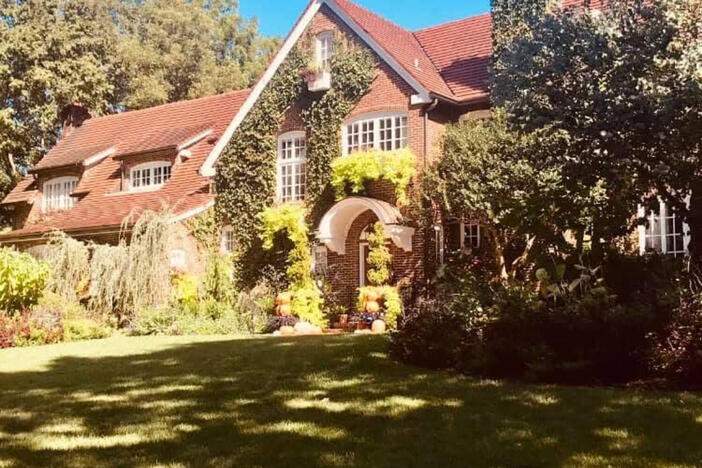
Section Branding
Header Content
Not that Tyler Perry asked, but there's a great intown Atlanta activism story waiting on the Hollywood treatment
Primary Content
It is an Atlanta tradition, as much a part of the local scene as a cold Pabst inside Moe & Joe’s on North Highland.
Intown neighborhood activism has generationally saved Virginia-Highland, Poncey-Highland, Morningside, Ansley Park and Druid Hills from being gobbled up by development and developers.
The latest battle: neighborhoods taking on an ambitious project called Amsterdam Walk.

The developer behind Amsterdam Walk, Portman Holdings, said recently that they are reducing the project's size by almost 20%, to downsize area traffic.
Amsterdam Walk is prime real estate, nestled against Piedmont Park, and the Atlanta Botanical Gardens, backing up to the Morningside neighborhood, separated by busy Monroe Drive.
One local neighbor compares the plan to King Kong, “towering over all of us.”
The plan was office space, 900 apartments, shops and restaurants. It’s a behemoth.
Neighbors protested the initial plan because of its massive size and traffic concerns.
The battle remains engaged, as do other protests in the ZIP code.
Meanwhile, the fight over Cheshire Bridge adult businesses continues to rumble through Morningside and Piedmont Heights.
More than 45 years ago, intown neighbors banded together against Atlanta development and found a hero: Atlanta City Councilman John Lewis for the save.
What if Atlanta had lost Morningside, Virginia-Highland, Inman Park, Candler Park, Poncey-Highland and a large swath of the Old Fourth Ward?
How different would this city look? Every neighborhood inside the Perimeter would have been altered.
The tax base? Canopy of trees?
Morningside Elementary. Inman Middle School. Probably no Ponce City Market either.
One city planning document in the early 1960s labeled intown neighborhoods “decaying” urban areas; saying it would be a waste of city, state and federal funds to invest in future development there.

State government, city government, powerful business all queued up to slam a six-lane freeway through intown with nary a peep, complaint or murmur from the neighborhood.
Five intown women saved Atlanta from itself: Mary Davis, Virginia Taylor, Barbara Ray, Adele Northrup and Virginia Gaddis.
And a city councilman named John Lewis.
Without those ladies' activism — and the support of Lewis — you are unwrapping your Subway Turkey Italiano while driving a vehicle on an intown exit ramp.
Longtime Atlanta journalist Jon Shirek told me, "only one politician stood with the women. And he was ostracized by Atlanta City Council for it — then city councilman John Lewis. The same John Lewis whose name adorns the once-projected freeway and The John Lewis Freedom Parkway."

The defeat of I-485 is one of the great stories of our time. What a great movie it would make. (Hello Tyler Perry!)
“He (Lewis) had made a commitment against roads. No new roads," Ambassador Andrew Young told me a few years ago, remembering the life of Lewis. "He had given his word to his constituents and he said he would not vote for roads.”
The Lewis vote can be seen today in the renaissance of these old Atlanta neighborhoods with their vibrant communities.
Intown development is always like Beowulf fighting the dragon. The dragon itself acts as a mock "gold-king," one who sees attacking Beowulf's kingdom as suitable retribution.
Or something like that.
Maybe I’ve had too much coffee this morning.






